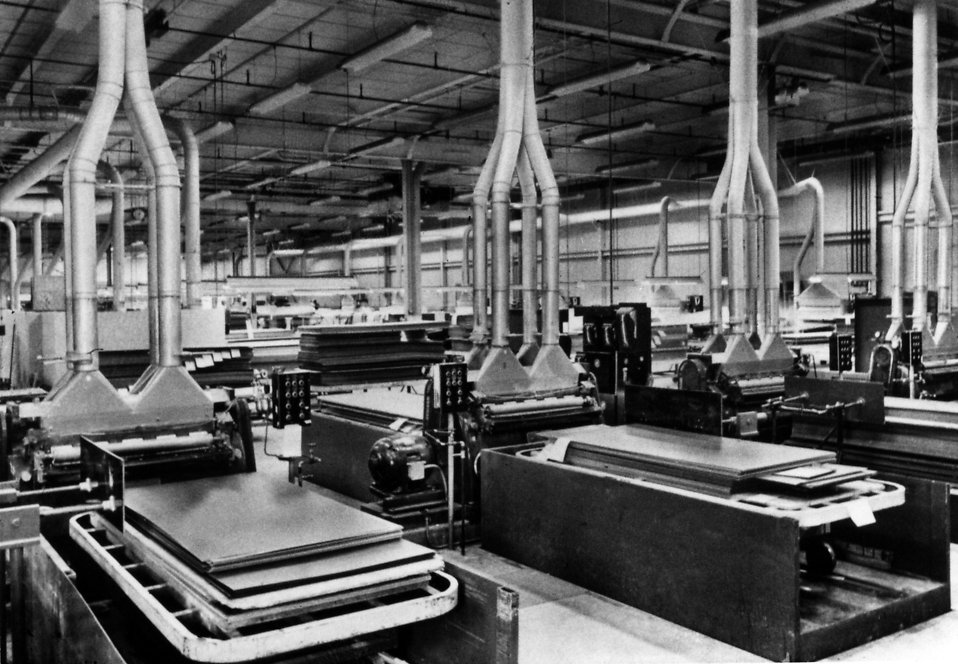
A new historical study of the effects of technology on the job market over the past 165 years confirms that automation isn’t the threat to human jobs that some would have us believe it is.
Certainly, the study found plenty of examples of jobs that disappeared because of technology… and of new jobs that arose for the very same reason. Jobs on railways increased in the 1800s, for example, then decreased in the 20th century and were replaced by jobs relating to cars. Those weren’t jobs lost to automation; it was just a shift in the technology being used.
And that’s the pattern the authors found. Increasing productivity, something we usually see when automation comes into the picture, leads to increased wages and discretionary income. That leads to increased spending among workers and thus to more jobs. Those jobs come and go as technology changes, but it’s usually not industrial technology that causes the change.
The authors list a lot of jobs which have disappeared thanks to changes in technology, including all these professions associated with vinyl records:
- assembling adjuster
- backer-up
- matrix-bath attendant
- matrix-groove roller
- matrix-number stamper
- needle lacquerer
- pick-up assembler
- pick-up coil winder
- record finisher
- record press adjuster
- record-press man
- sapphire-stylus grinder
- sieve gyrator
These jobs are gone, but they were lost because of a change in the demand for a particular technology among consumers, not because they lost their jobs to robots.
The authors also make the point that many of these lost jobs probably aren’t worth saving. Threatened jobs in agriculture and retail are not among the most desirable or rewarding of positions. Maybe these will, once automation takes the over, be like the disappearing jobs the authors of the study choose to highlight: the job of resetting pins in bowling alleys, for example. That’s not what kids dream of growing up to be.
If this study is correct, the solution to automation-induced job loss is increased productivity, which leads to increased welth and consumer demand. The source of increased productivity? That’s usually automation.
If you need help with your Rexroth electric motion control, we’re the people to call. Call us at 479-422-0390 for immediate assistance.
